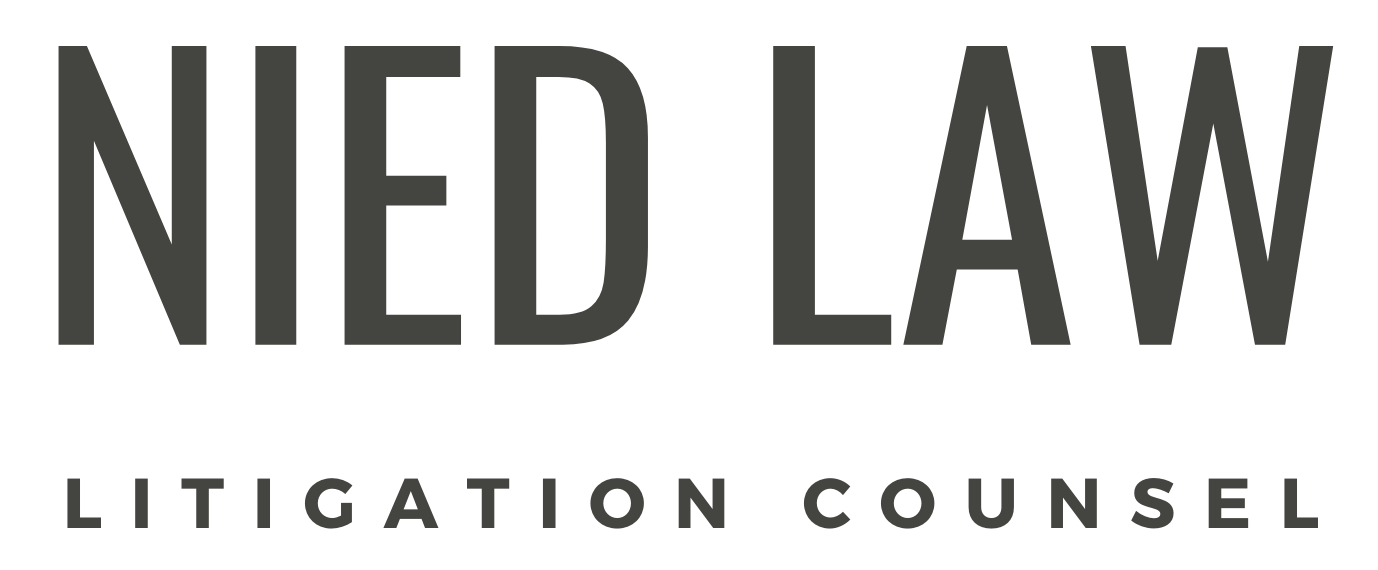The use of the internet as a tool in the commission of crime has given rise to new search and seizure issues. When individuals use the internet, their personal information may be transmitted to various online service providers, such as social networking websites, email service providers, and internet service providers. In many cases, online service […]
Category: Canadian law
Baglow v. Smith: Removing the Defamatory Sting From Online Debates on Blogs and Message Boards
Earlier this week, the Ontario Superior Court of Justice released its decision in Baglow v. Smith, 2011 ONSC 5131. The decision suggests that an allegedly defamatory statement made in a debate on blogs or internet forums may not be found to be defamatory if the plaintiff previously engaged in the debate but did not respond to […]
Warman v. Fournier et al: Balancing Disclosure, Privacy, and Freedom of Expression Interests in Internet Defamation Cases
While the internet provides users with an environment in which socially valuable anonymous speech can flourish, it also provides users with an opportunity to defame others behind a shield of anonymity. If these users can be identified, they may be held liable for defamation. Unfortunately for plaintiffs, the identities of these individuals are usually known […]
Grant v. Torstar and the defence of responsible communication: implications for bloggers and users of other online media
In the recent decision of Grant v. Torstar Corp., 2009 SCC 61 (“Grant”) and its companion case, Quan v. Cusson, 2009 SCC 62 (“Quan”), the Supreme Court of Canada sought to strike a more appropriate balance between freedom of expression and the protection of reputation by creating the new defence of “responsible communication on matters […]
Swartz v. Does: American and Canadian approaches to anonymity in internet defamation cases
A recent case illustrates that American jurisprudence is increasingly coalescing around a uniform approach to determine whether a plaintiff may compel the disclosure of an anonymous defendant’s identity in internet defamation cases. As discussed below, the Canadian experience has been different. In Swartz v. Does (“Swartz”) (see: judgement) a Tennessee state court held that plaintiffs […]
Buckle v. Caswell: Defamation on Blogs
A recent Canadian case offers another example of the legal dangers facing bloggers that post potentially defamatory statements. In the case of Buckle v. Caswell (see: judgement), Wayne Buckle – a senior Crown prosecutor – (the “Plaintiff”), sued Gay Caswell – a former member of the Saskatchewan legislature – (the “Defendant”), for defamation in connection […]
